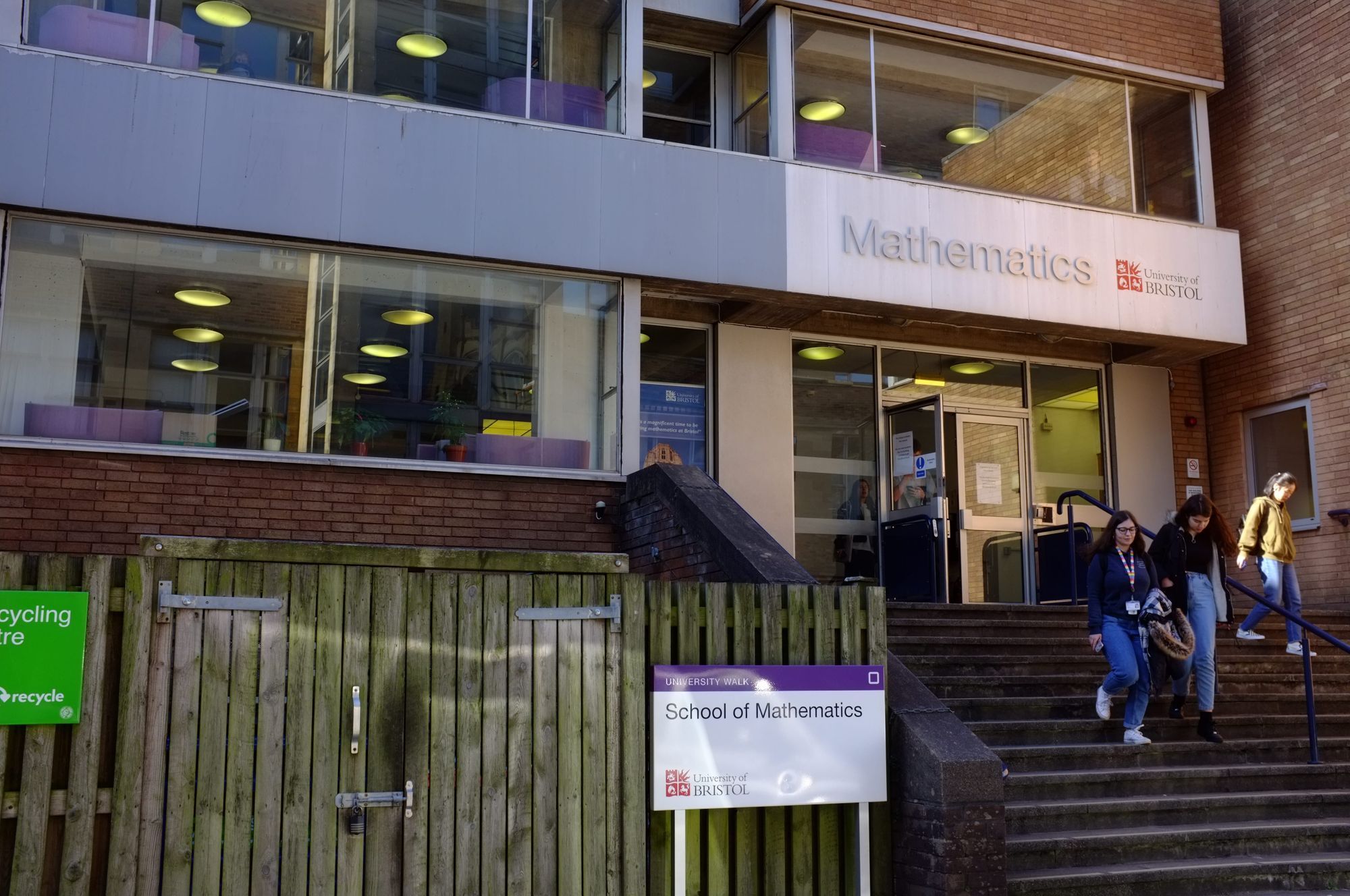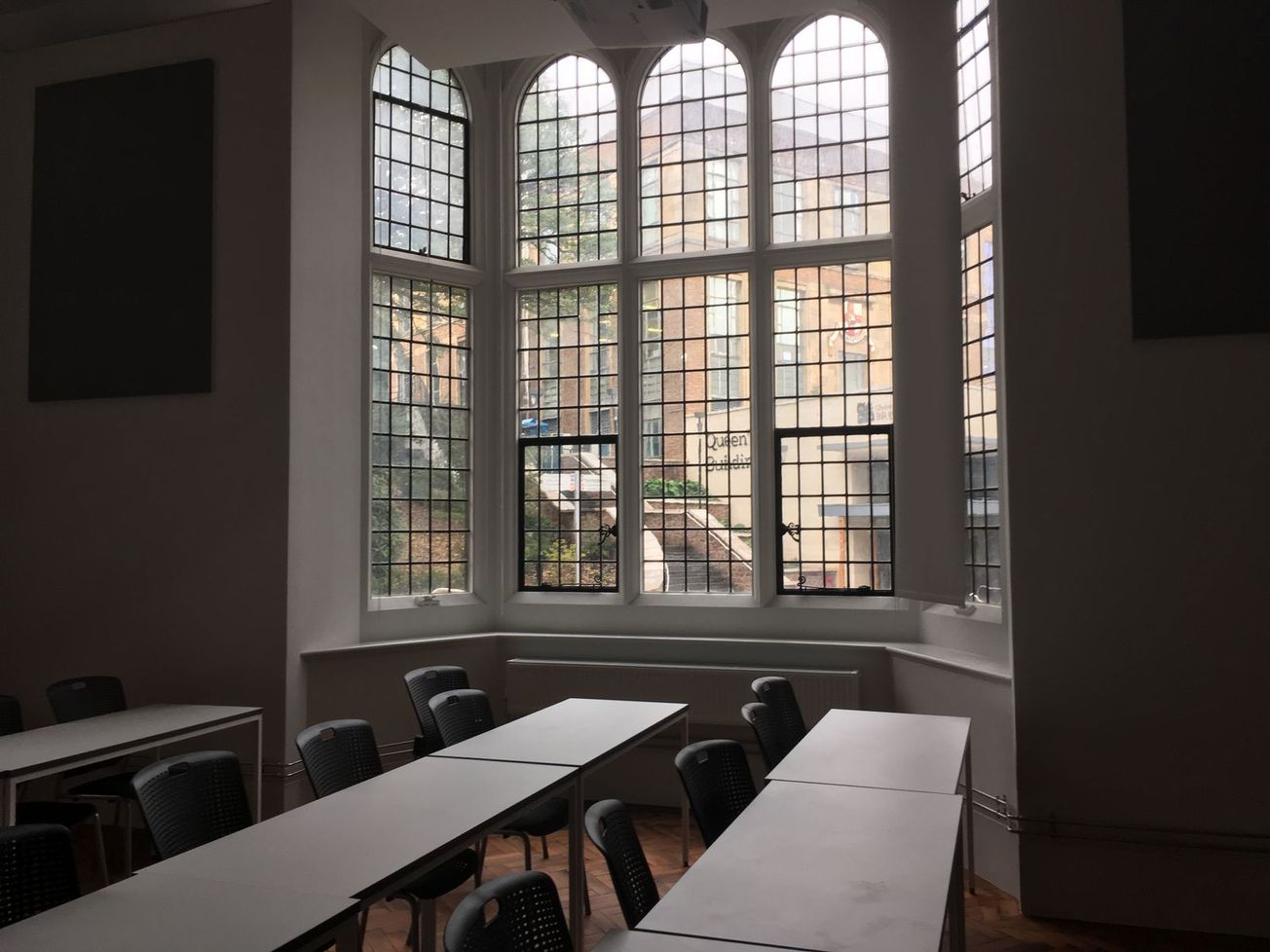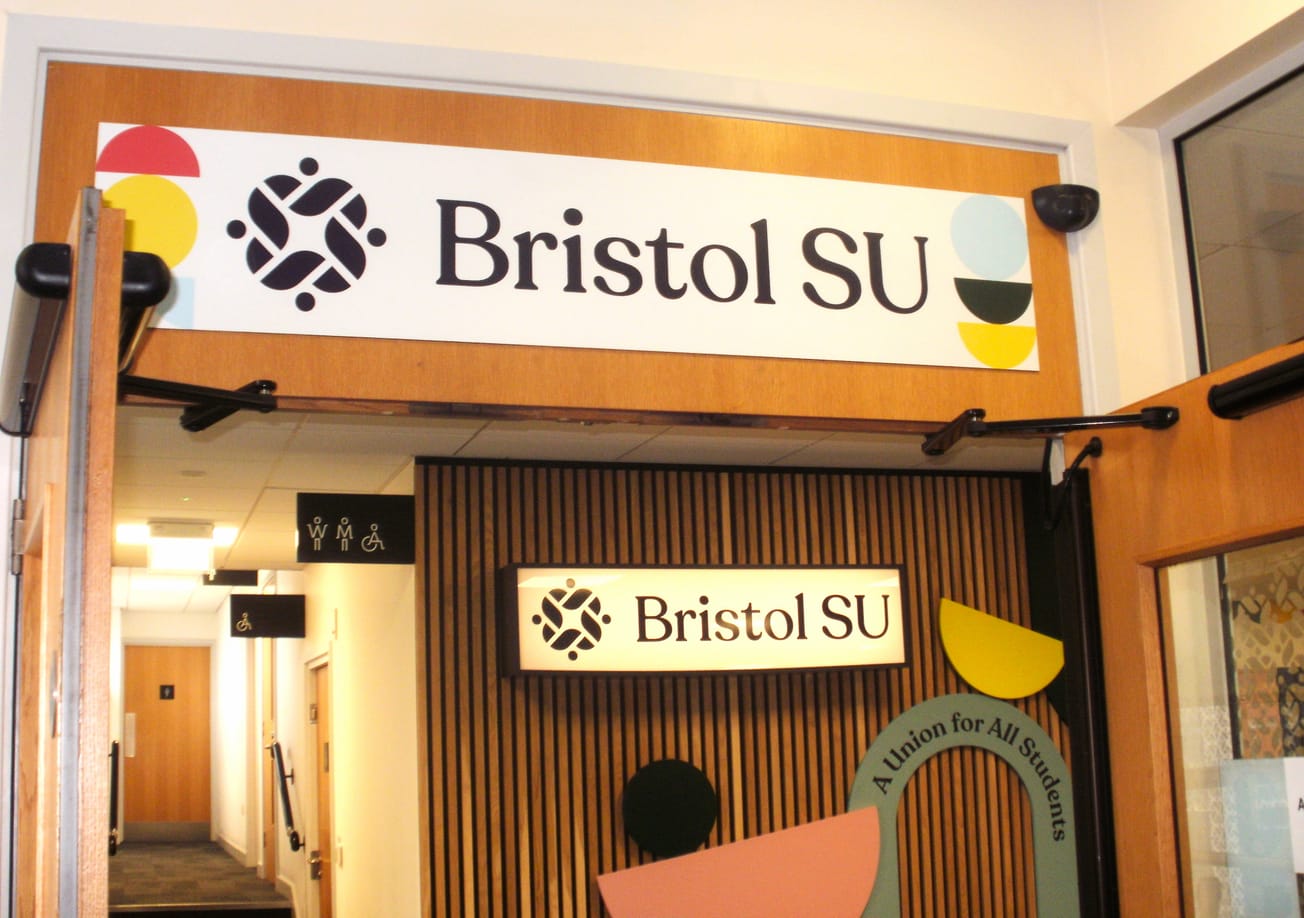By Milan Perera, Arts Critic Columnist
In response to a government press release stating that 60 per cent of 16-year-old students from disadvantaged backgrounds do not possess basic maths skills, Prime Minister Rishi Sunak has proposed that maths education be made compulsory until the age of eighteen for all school pupils in England.
As soon as the proposal was announced, it was met with harsh criticism from students, teachers and the general public alike, and was the subject of a multitude of memes that did the rounds in the Twittersphere. But have they been hasty in their judgement of this groundbreaking proposal?
Why do I get the impression that Sunak is another one of these soulless STEM absolutists?
— Paul Hindley 🔶🏳️🌈🇺🇦 (@PaulHindley_) January 4, 2023
Yes, Maths, Science and Technology are all important subjects. But so are the Arts, Humanities and Social Sciences.
Knowing the price of everything & the value of nothing springs to mind.
Sunak reiterated the importance of maths in a society where data permeates every aspect of our lives. As true as this may be, is it necessary for all of us to be data scientists and statisticians? What about those pupils who have a predilection for art and literature? Or those born entertainers who need an opportunity to hone their talents, rather than to be ridiculed and to be told to ‘get a real job’.
The past decade or so has witnessed a calibrated dismantling of Arts faculties in universities up and down the country. These days universities are shelving standalone arts degrees at an alarming rate in favour of combined degrees where the arts are taught alongside more ‘practically useful’ modules. Sheffield Hallam University has decided to withdraw its standalone English Literature degree, a year after the University of Cumbria took similar action, much to the disgust of many literary luminaries such as Philip Pullman.
'[P]lacing so much emphasis on maths at primary and secondary school levels will pigeonhole students into a future they did not ask for'
A thinly veiled contempt for the arts and humanities has been expressed by the former Minister of State for Higher and Further Education, Michelle Donelan, who said that ‘The government recognised all subjects, including arts and humanities, can lead to positive student outcomes. Courses that do not lead students on to work or further study fail both the students who pour their time and effort in, and the taxpayer, who picks up a substantial portion of the cost.’
This preoccupation with STEM subjects has made it harder for students who do not possess a natural predilection for maths to be viewed as ‘employable’. Many have voiced concern that placing so much emphasis on maths at primary and secondary school levels, as proposed by Sunak, will pigeonhole students into a future they did not ask for, chipping away at their confidence in the process.

In a previous life I studied science, mainly to live up to the expectations of my family. But my passion has always been for writing. I can vividly recall chasing English teachers down the corridors, asking them if they would give some feedback on my essays and poetry. I was intent on honing my craft. I also remember the numbness I felt when my physics teacher wrote down Coulomb's inverse square law on the blackboard. I could not make head nor tail of it, and I only managed a meagre ‘C’ in my physics A-level. They say hindsight is a wonderful thing, but I essentially lost a few years of my life pursuing a goal at which I was destined to fail from the outset.
Speaking to Epigram, retired schoolteacher Tony Hearn highlighted the failure of Sunak’s proposal to address the source of the problem. Hearn pointed out: ‘As to private schools, on a like-for-like basis apparently there is little educational advantage. Their outcomes are skewed by selective intake.’
'Children become discouraged by the notion that maths is only a subject studied in school and encountered during exams'
‘There has been a shortage of qualified maths teachers for years. Why? More money to be had elsewhere. Many pupils seem to do badly at maths already, so they are hardly likely to relish two more years of misery and how is it going to improve things?’
As a solution to this seemingly dire situation, Hearn proposed ‘Putting more money into recruiting and retaining good teachers, and lessening workload and the paper treadmill would go a long way to helping. Perhaps separating functional "life skills" maths from theoretical maths would be a step forward too.’
Epigram also spoke to Shiri Kleinberg, a second-year Physics student at the University of Bristol. Kleinberg echoed Hearn on the importance of maths education at a lower level. ‘In terms of making maths education compulsory until the age of 18, I don’t think that’s the way to do it. I think that the key is teaching maths in the right way in lower school, giving students more skills in the subject and the ability to continue to use what they learned in school throughout life.’
Rishi Sunak's "big idea" of making maths compulsory until age 18 has been met with some serious skepticism.
— Natasha Courtenay-Smith (@Tash_Courtenay) January 22, 2023
It's being seen as nothing more than a "dead cat" distraction from all the NHS and general winter of discontent cost of living crisis chaos going on. pic.twitter.com/2iqagVQ3xd
By her own admission, she initially could not wait to drop maths when she was at school: ‘I didn’t even realise until I started engaging in independent studies for my maths GCSE that I was in fact good at it and that I really liked it. Until that point, I couldn’t wait to drop maths and do other subjects for A Level, but I’m now doing a Physics degree. None of my teachers at the time made me realise how much I could enjoy maths or managed to bring out my true potential in the subject. If teachers or the curriculum do manage to achieve that, more 16-year-olds will choose to take maths to a higher level, and if they don’t, their maths education will be sufficient.’
Hilary Frank, Research Associate at the Department of Electrical and Electronic Engineering at the University of Bristol, was not slow to point out the ingrained flaws in the current education system, criticising an apathy towards maths that is instilled among pupils from a very young age due to poor teaching practices. Frank is of the opinion that: ‘Maths is a fun subject. Children become discouraged by the notion that maths is only a subject studied in school and encountered during exams. Parents and teachers are the best places to start when resolving this issue. Both at home and in the classroom, this subject-related apathy needs to be curbed.’
He suggested that ‘This awareness can be achieved through effective parent engagement and teacher preparation. Another sustainable step to advance this initiative among kids is to expose them to the social impacts of maths at the appropriate times and on a regular basis.’
Frank further pointed out the importance of exposing pupils to the practical aspects of maths which might inspire them to pursue maths in the future: ‘Primary school pupils should be required to take tours and field trips to Engineering and Science faculties before a certain age. Children’s perceptions can be greatly influenced by the inspirations they receive from such visits.’
Opinion | The decline and fall of Liz Truss
Opinion | Bristol students’ opinions on Kwasi Kwarteng’s now abandoned ‘mini-budget’: ‘The new budget was a failure in ideology'
In terms of making maths education ‘fun’, Frank proposed adjustments to the introduction of maths: ‘Early maths textbooks could be written as stories with narrative descriptions of the various mathematical concepts appropriate to the age and class of the learners.’
It is therefore evident that we need more people with a sound maths background to take up jobs in the ever-expanding sectors of data science and information technology. However, it is undecided whether this should come as a priority over other forms of education that can lead to equally important occupations. Might Sunak’s proposal be of little use if there are no musicians or playwrights to instil some effervescence in an age where we need it most?
Featured Image: Epigram / Issac Haigh
Do you agree with the proposal to make maths education mandatory until the age of eighteen?









